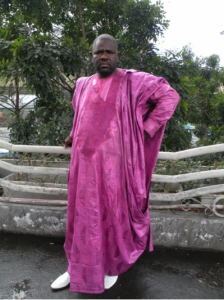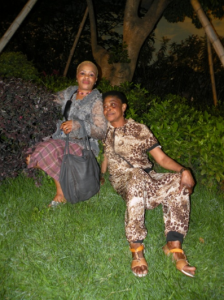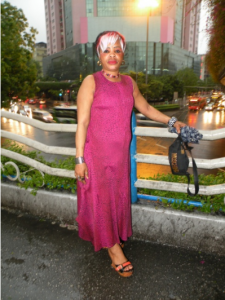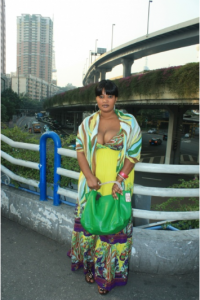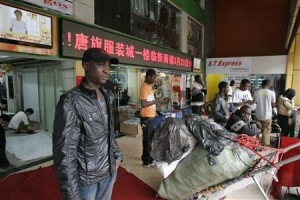Stranded, Broke Zimbabwean MPs Call Time in Guangdong “Hell”
Posted: 07/8/2014 1:04 pm The stranding of 27 Zimbabwean Members of Parliament in Guangdong Province for five days last week has become a case of finger-pointing after they missed their flight home, reports NewsDay.
The stranding of 27 Zimbabwean Members of Parliament in Guangdong Province for five days last week has become a case of finger-pointing after they missed their flight home, reports NewsDay.
The 27 Zimbabwean MPs had separated from the official delegation in Beijing to head to Guangzhou for some shopping. But after blowing all their money, they were unable to get back to Beijing in time for their scheduled flight home. The stranded MPs, who have all mostly returned to Zimbabwe, described their ordeal as “hell”. The MPs had no money, nothing to eat, and nowhere to shower.
ZANU PF Makoni South MP Mandi Chimene said the incident began when Zaka Central MP Paradza Chakona (Zanu PF) led a group of MPs to go shopping in Guangdong against her orders.
READ: Zimbabwean MPs Blow Money on Shopping Spree,
Trapped Penniless in Guangdong
Chimene refuted the suggestion that she had abandoned the breakaway MPs, and gave her own opinion as for why the Zimbabwean MPs got stranded:
Maybe it was God’s form of punishing the MPs for not obeying my advice and revolting against all my efforts…
I did nothing wrong, but helped MPs to get exposure. Maybe God was angry, even Moses had the same experience and God punished the Israelites by sending snakes. Maybe that was the same case here.
Chimeme then elaborated upon Chinese regulations, and how the stranded MPs did not abide by the rules:
They were told by an Embassy official that if they go there, they should not come back on a Saturday (the day of departure) but they disregarded that and chose to travel that Saturday. They were told to come straight to Terminal 3, but again they argued saying they wanted to pick-up another MP at Terminal 2. I tried to negotiate with officials, but their things have systems.
We agree that life in Guangdong can be tough, maybe even a little unforgiving, but to call being stranded here “hell”? We’re just glad that they weren’t stranded in Shanghai.
Photos: Amazing Victoria Falls










